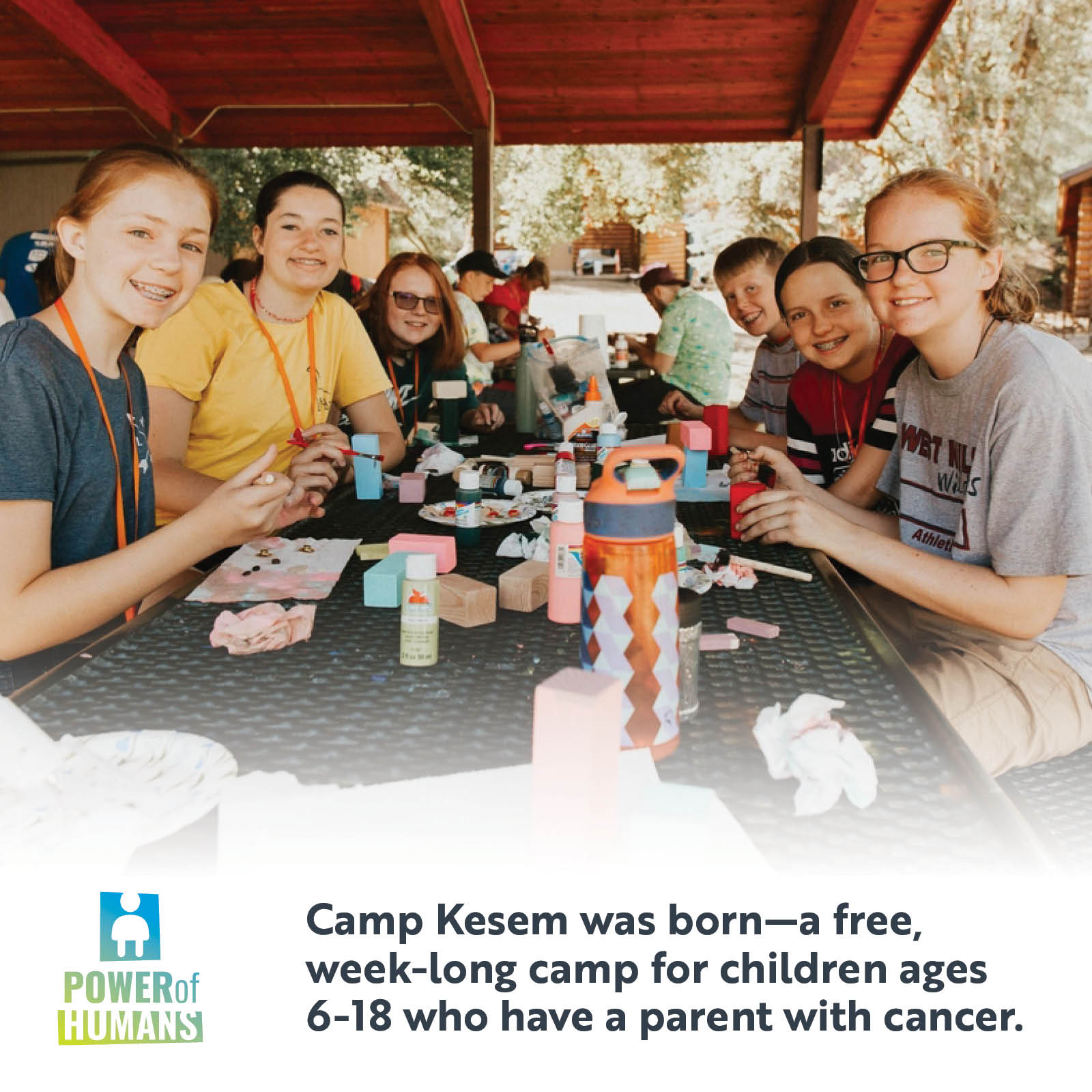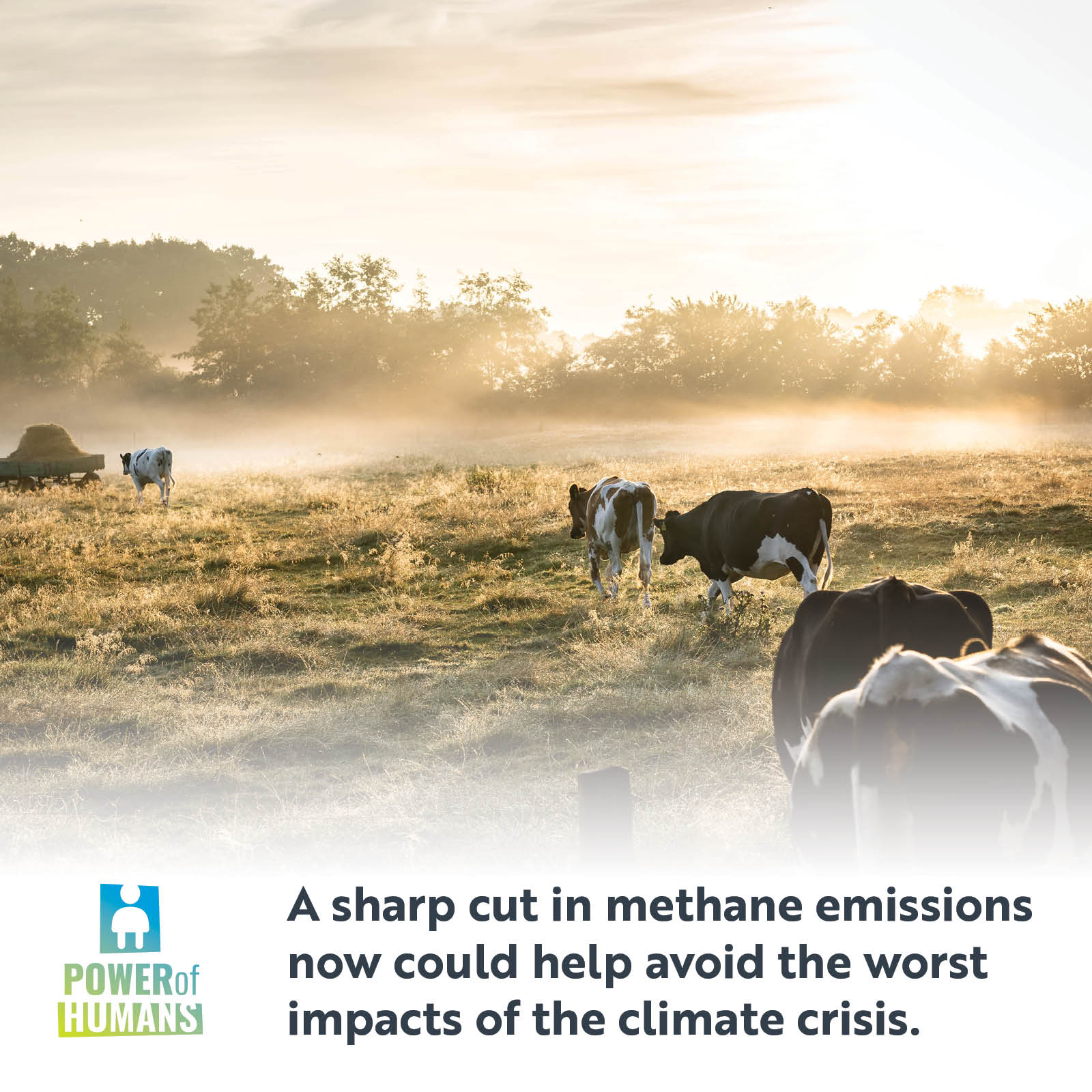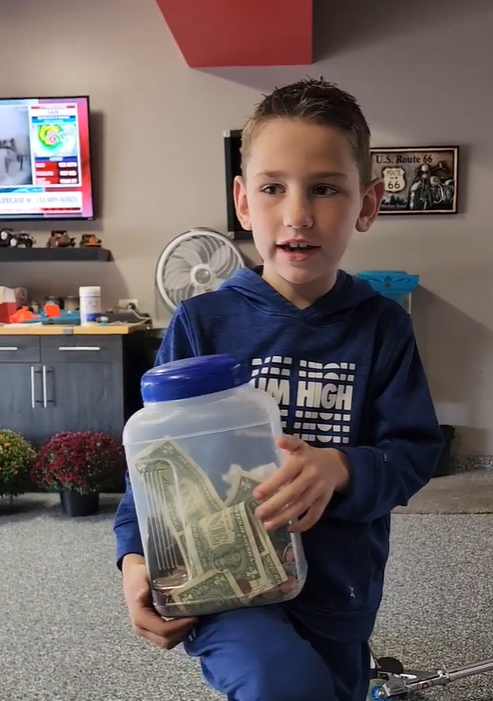In many ways, Camp Kesem is a pretty typical summer camp. Students compete in group activities, eat in mess halls, share during cabin chats, and have fun. There are bonfires, talent shows, and inside jokes. One camper, Nicholas, shares that during the talent show it has become a tradition for him and his friends to “tie their shoes to dramatic music.” Much of this camp experience is intentional. Camp Kesem is an opportunity for children who have experienced deep pain to have fun and connect with other kids. Nicholas—whose mother has breast cancer—shares, “I feel like when I go to camp and then I leave, it just brings my mood up for a really long time. And I can’t wait to go back again. So really it has this sort of spillover effect of just keeping me happy and in good spirits.”
There are, however, a few significant differences. All counselors are extensively trained on how to work with kids who have experienced trauma and every camp has at least one mental healthcare professional on-site. Josh Thorn, a private practice therapist and mental health professional that supports Camp Kesem, describes his role, “[I]f a counselor is struggling with a kid, they come and talk to me…and I give them ways that they can intervene. So, you’re empowering all that throughout the week.”
Often Kesem will use the image of a butterfly to describe the process of growth and change that they see in campers throughout the week. A camper begins as a caterpillar, using a cocoon analogy to describe the lonely and isolating experience of having a parent with cancer. But as they continue on through the week, growing and maturing, there is a turning point, a moment in which the pain of the cocoon gives way to the celebration of the butterfly. Often that moment of metamorphosis is found in the two-hour Ceremony of Empowerment.
Learn more and get involved at kesem.org









